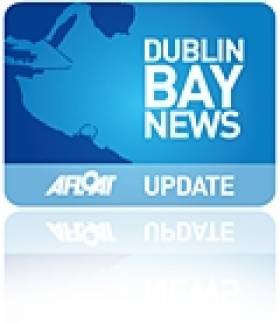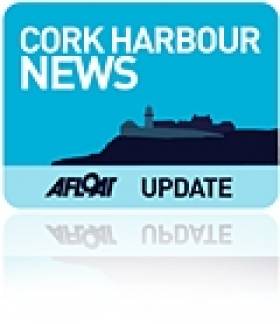Displaying items by tag: RTE news
Ferry Stops, 'Sea Water Baths' on the Way for Dun Laoghaire
The last Stena line ferry sailing from Dun Laoghaire featured on the RTE News headlines last night. The ferry link is stopping because of a decline in passenger numbers and the high cost of fuel, say the operators, Stena.
The report by John Kilraine, interviewed Harbour Boss Gerry Dunne who spoke about the master plan for the harbour, how the harbour company hoped that Stena could rebuild the route, the bid to attract cruise ships and the east coast port's future as a marine leisure centre.
The masterplan is to go through the planning processs piece by piece and harbour yacht clubs have concerns over aspects of the plan.
Last night's bulletin also reported the harbour company intends to open a 'sea water baths' in the harbour next year and a diaspora centre in 2013. The RTE report is here.
See also:
Department Denies Haulbowline Report
The spokesman told RTE news there is no likelihood of fines being imposed.
He added that the notice, which was issued last week, is part of a long standing legal case being taken against Ireland relating to other waste legacy sites.
Haulbowline was mentioned because it had no waste license.

























































